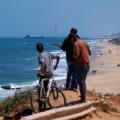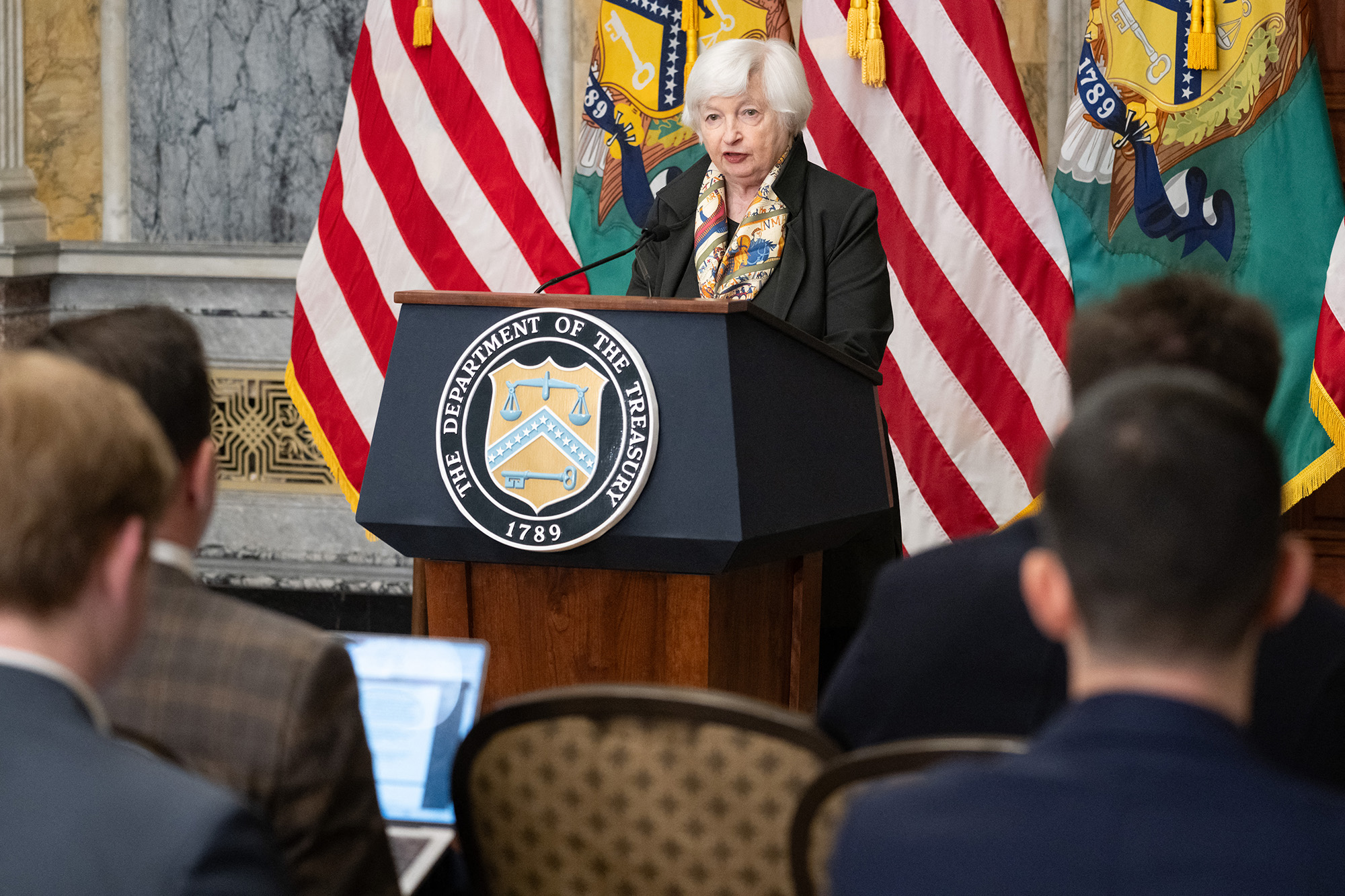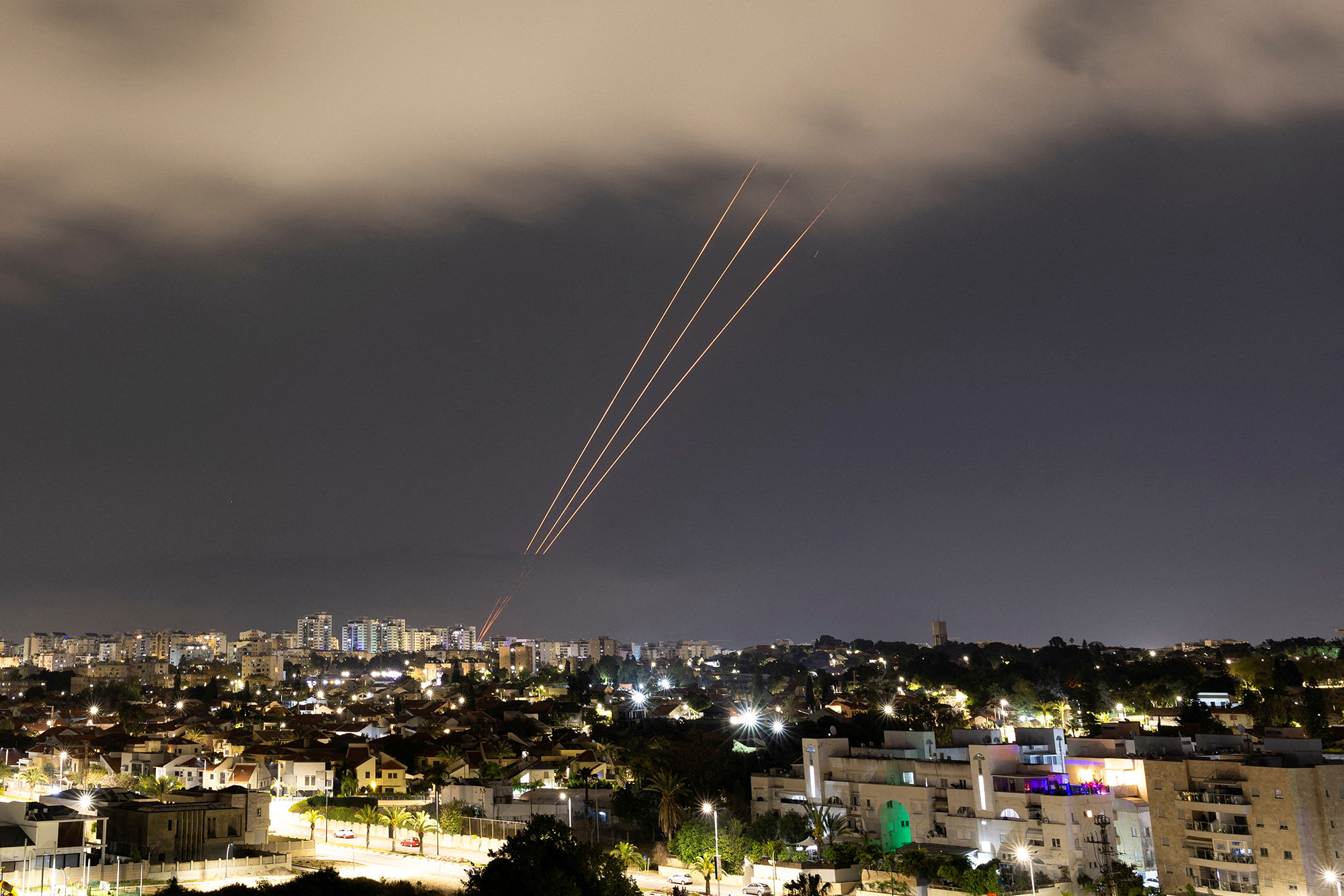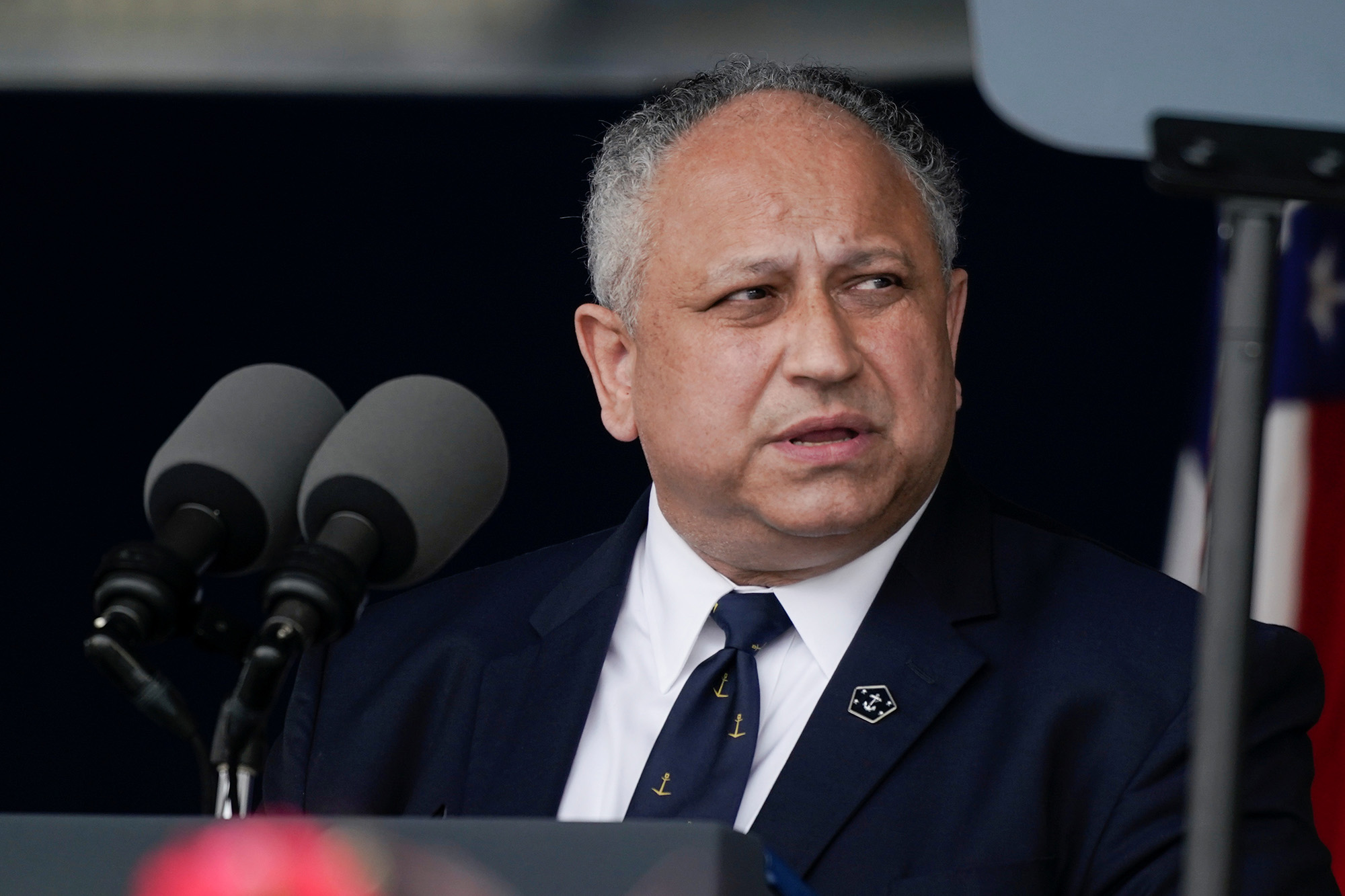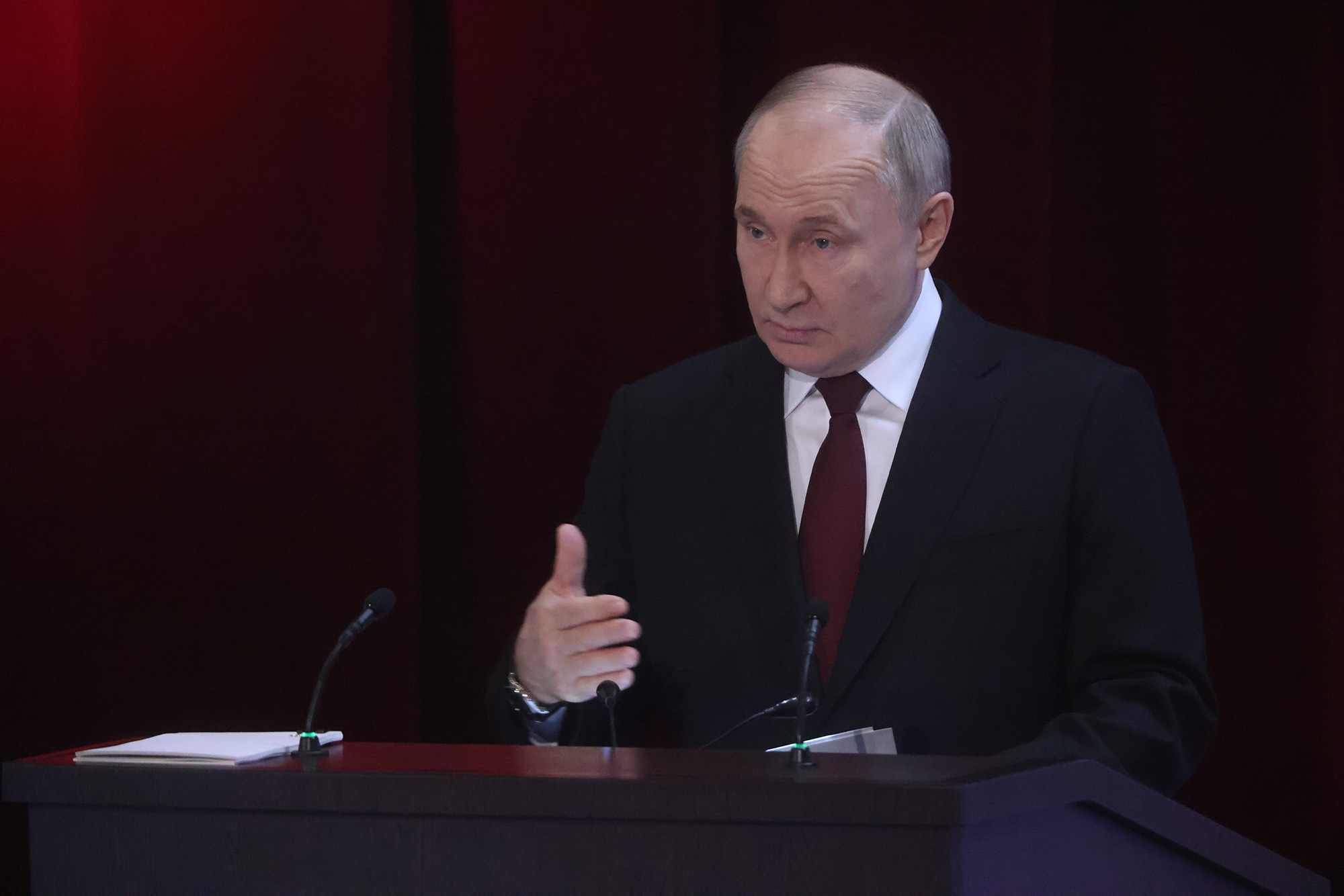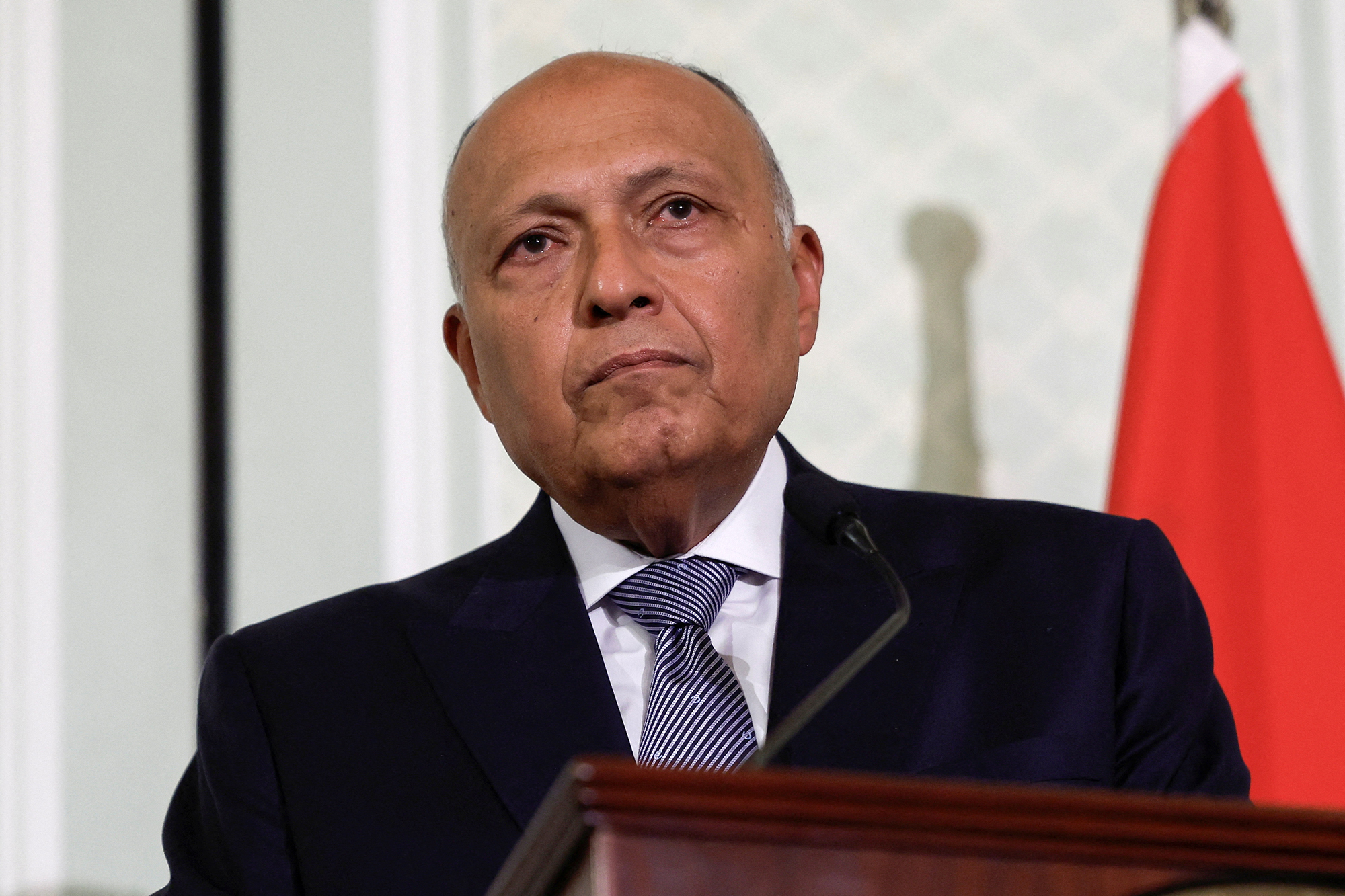
After Iran closed its nuclear facilities on Sunday for "security considerations," Rafael Grossi, International Atomic Energy Agency (IAEA) director general, told CNN that its inspectors are back in the facilities and the "situation seems to be business as usual."
He also noted that the situation was "extremely tense" over the weekend.
Israel’s war cabinet met again on Tuesday to discuss Israel’s response to Iran’s drone and missile attack.
Grossi said the IAEA believes that in times of conflict, the targeting of nuclear facilities "could be perhaps tempting for a military decision-maker — It will be a terrible mistake with potentially very serious consequences."
He added that he does not have "any information or any indication that there is planning on the part of Israel or any other state to be targeting nuclear facilities." Grossi said the agency is still on alert and that "there should be extreme restraint on everybody's side."
As for Tehran's current nuclear program, Grossi said Iran "continues to amass important quantities of uranium enriched at levels that are very, very close, technically identical I would say, with those which are required for nuclear weapons," but cautioned that "that does not mean that this equivalent to a nuclear weapon."
Iran has long held that its nuclear program is intended for peaceful purposes, despite skepticism from the international community.
